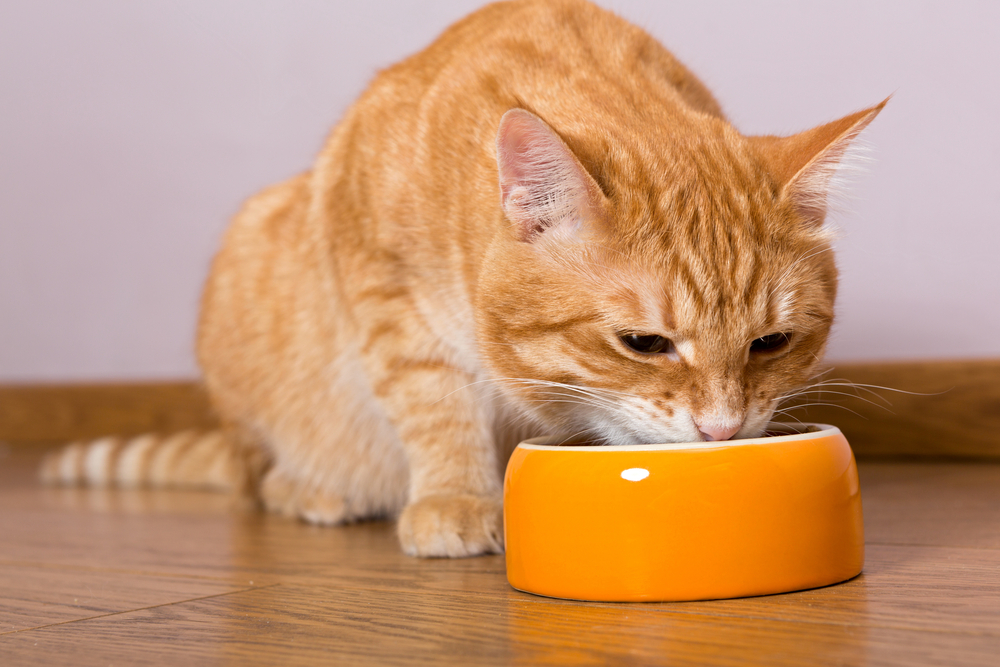Good digestion is one of the keys to excellent health. By digesting and absorbing goodness in food, cats take in all the nutrients they need to keep in tip top condition.
Symptoms of poor digestion
If your cat is not digesting their food properly then one of the most common signs you will likely observe is poorly formed stools, or potentially even diarrhoea. Your cat may even vomit, and she can lose weight, have a dull coat or appear listless as other symptoms . If you are concerned about your cat’s digestion you should contact your veterinary surgeon for advice.
What should cats eat?
Cats are carnivores; their whole body is adapted to eating a meat-based diet. Their teeth are designed to seize and tear prey and their digestive system and metabolism is geared to processing a high protein and high fat diet from meat. Cats require certain nutrients which are only found in meat, such as the amino acid taurine and fatty acid arachidonic acid. This is why cats cannot be vegetarians! Good quality protein helps cats maintain lean muscle, helps support a healthy skin and coat and is vital for their immune system to work optimally. A balanced diet for cats will also contain optimal levels of high quality fats including omega-3 and omega-6 fatty acids, selected fibres for digestion and vitamins and minerals for health. Highly digestible carbohydrates are also a useful source of energy. Giving your healthy cat the best quality food will help optimise his or her digestion.
How to Improve your Cat’s Digestion
If your cat has sensitive digestion or even a mild digestive upset she will benefit from a diet with the following benefits to help support digestion:
– High quality digestible ingredients to reduce intestinal workload
– Restricted number of proteins to reduce the risk of adverse gastrointestinal reactions
– Highly digestible proteins to help improve food tolerance
– Prebiotics to help improve microbial balance and stimulate the growth of beneficial bacteria
– Fibres to support gut cells and facilitate intestinal transit
Some probiotics (live beneficial bacteria) are also useful aids to digestion in cats. Ask your vet about certain specific probiotics which help prevent diarrhoea in cats (especially those prone to tummy upsets when they are stressed) and which are proven to improve faecal quality in kittens.
If your vet suspects your cat has a food allergy they may recommend a hypoallergenic diet formulated with hydrolysed proteins. These are proteins broken down into pieces too small to cause an allergic reaction.
To help your cat live a healthy, happy and active life for as long as possible and support their digestive health give her the best quality food with highly digestible ingredients

